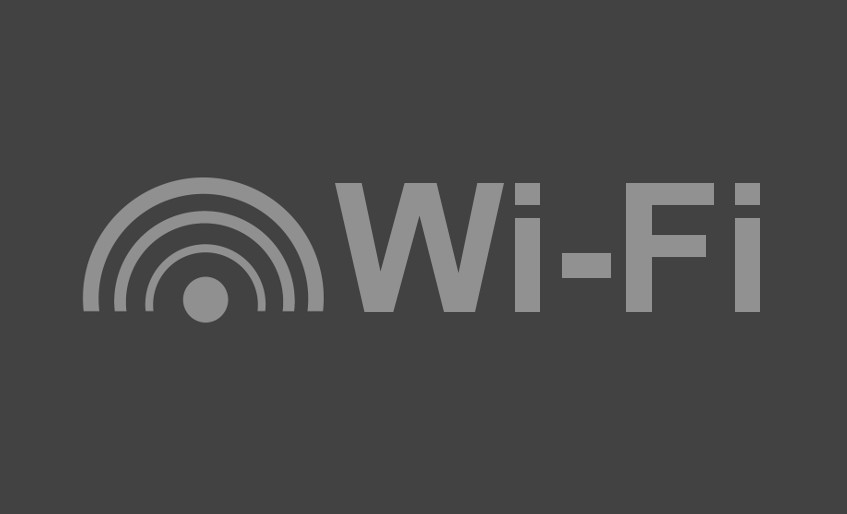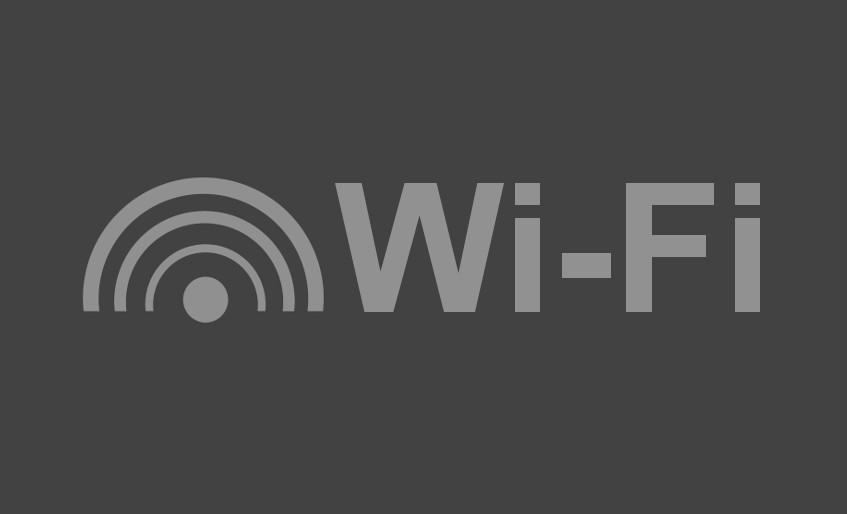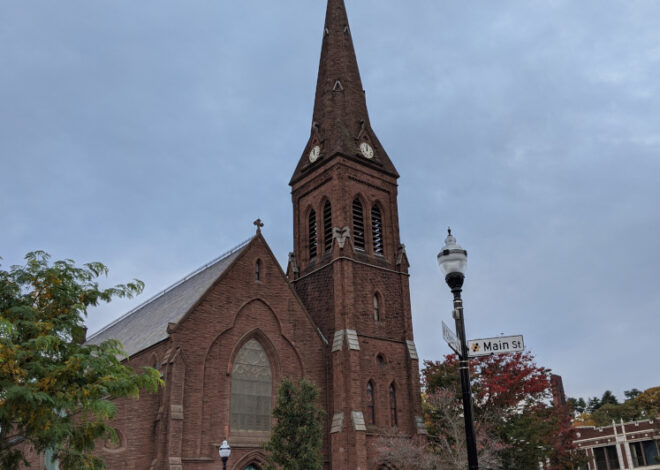As the City Council receives a report in response to a Council petition on free wi-fi, lack of wi-fi access has become an educational access concern.
In March, Ald. Aram Ayalon (D-3) and Ald. Iris Sanchez (D-3) submitted a Council petition calling for information on the costs of providing free Wi-Fi in low income areas of the city, such as the North-Oak and Arch Street neighborhoods.

With the extended closure of school buildings because of the COVID-19 pandemic and teaching being moved online, the need for high-speed internet access for all of the city’s children has become acute.
Ayalon had introduced a similar petition in 2018. That the city had not followed through since then with providing more free wi-fi in low income areas of the city has been seen by some as a lost opportunity that is now sorely missed during the present crisis.
The school system has reportedly been working to ensure that all kids in the city who have not had access to both computers and high-speed internet during the crisis are able to get access both.
“Wi-Fi is available to those who can afford it,” Ayalon said in 2018, “but many people do not have access to it.”
A 2015 analysis by the Pew Research Center of what has been called the, “homework gap,” found that,
some 5 million households with school-age children do not have high-speed internet service at home. Low-income households – and especially black and Hispanic ones – make up a disproportionate share of that 5 million.
The report being submitted by the city IT Department under the administration of Republican Mayor Erin Stewart at the Council meeting this Wednesday, April 22, 2020, is similar to one that was submitted by the city in 2018 in response to Ayalon’s earlier petition.
Both the 2018 and recent reports cited some unit costs for expensive equipment, but said that the exact cost of the infrastructure to extend wi-fi coverage would need an analysis to determine.
The new report, like the earlier report, points to existing Internet Service Providers (ISPs), which, the new report says, “cover over 98% of the City,” adding that, “One option to help low income families is for the City to subsidize the cost of internet access through the carriers already in place at a cost of approximately $40-50 per household per month.”
The recent report also cites offers like Comcast’s “Internet Essentials” program. The website for that program says that it offers prices of $9.95 per month, and that, “New customers will receive two months of free service in response to the Coronavirus emergency.”
The Internet Essentials website says that, “You may qualify if you are eligible for public assistance programs such as the National School Lunch Program, Housing Assistance, Medicaid, SNAP, SSI, and others.”
There have been concerns expressed that some families may have not be able to take advantage of Internet Essentials because they owe outstanding bills.
But Comcast says that its requirement that a family, “Have no outstanding debt to Comcast that is less than one year old,” has been temporarily waived, saying, on the Internet Essentials website that,
Due to the Coronavirus emergency, households with outstanding debt owed to Comcast may be eligible for Internet Essentials. We are waiving this qualification if you are approved by 5/13/20. After 5/13/20, standard eligibility rules apply.
Comcast also says, “in response to Coronavirus,” that, “Xfinity WiFi hotspots in out-of-home locations will be available for free to anyone who needs them, including non-Xfinity Internet customers, to keep our communities connected with their friends and family.”
The company has a website that explains how to access the wi-fi hotspots and another website with an interactive map showing where to find the hotspots in the the city.
A City Council petition is procedure in New Britain by which an individual member or more than one member of the Council is empowered to require consideration of action from or a report by a city department or commission. Council members frequently use this process to formally propose that the city take action on a particular concern.




